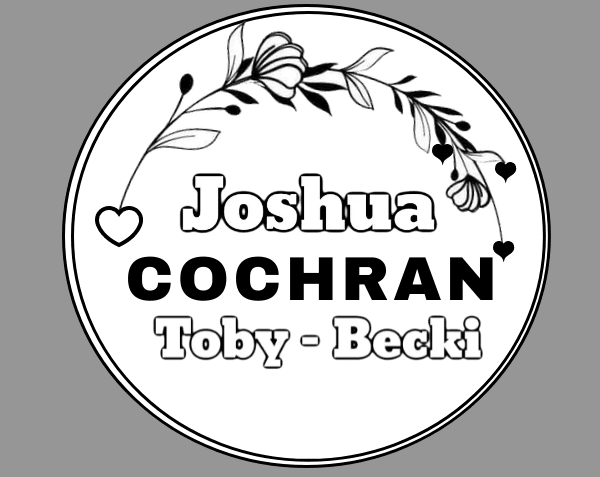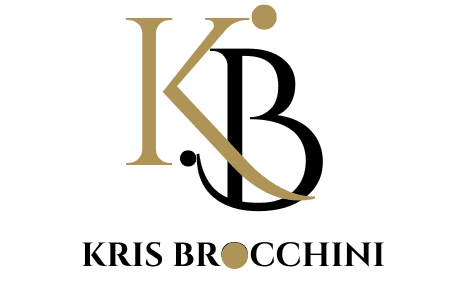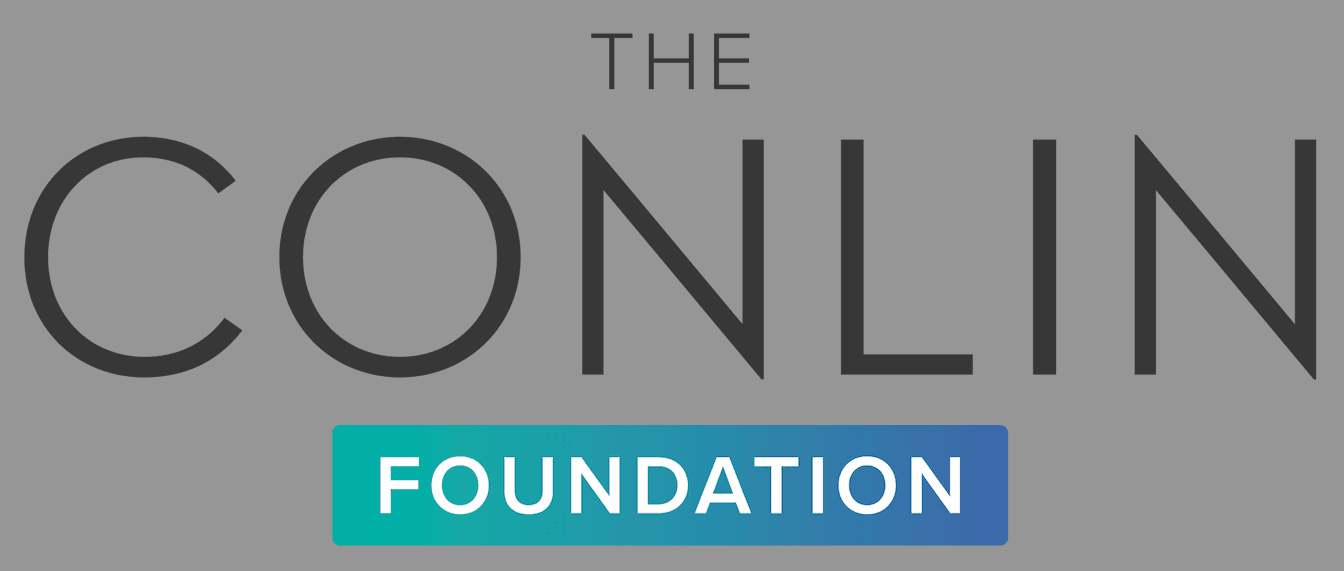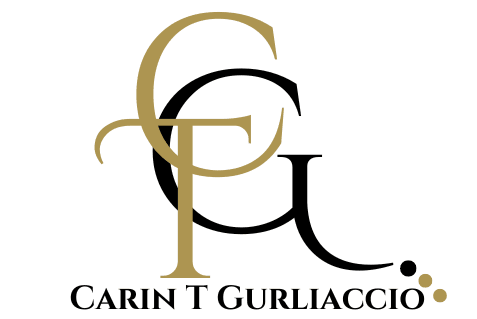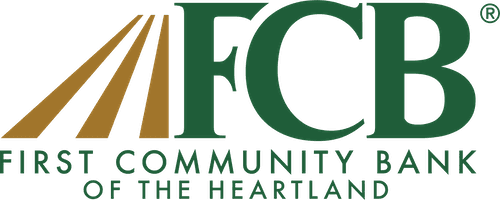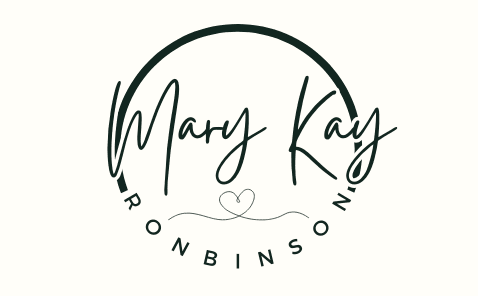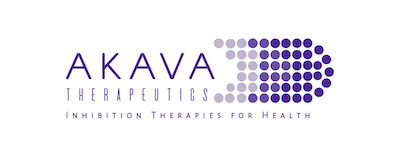Maybe Tony Coles just doesn’t like IPOs.
A month after taking one of his two neuroscience biotechs — Cerevel — public as part of a $445 million SPAC transaction, the longtime executive and drug developer is taking the other one public as part of a reverse merger. Yumanity Therapeutics will reverse merge with struggling cystic fibrosis biotech Proteostasis Therapeutics.
In an interview after Cerevel went public, Coles noted the stability a SPAC could give over an IPO during a turbulent market. On Monday, he talked up the shared scientific background between Yumanity and Proteostasis.
“Today’s announcement brings together two organizations that share a common scientific heritage in the science of protein misfolding and brings that science one step closer to novel solutions for patients suffering from the debilitation of neurodegenerative diseases,” Coles said in a statement.
In an interview, Yumanity CEO Richard Peters echoes those comments, singling out the preclinical pipeline Proteostasis has built around protein misfolding. He also noted the financial benefits, saying it was an “efficient” way of accessing public markets and pointing to concurrent investments from Alexandria Venture Investments, Biogen, Fidelity, Merck, Pfizer, Redmile Group, and Sanofi Ventures. The total raised remains undisclosed.
He also framed their merger in the context of the Cerevel raise and recent neuroscience interest from Big Pharma, including a Merck collaboration with Yumanity and a Novartis collaboration with Sangamo.
”“That’s just in the span of 3 months,” he told Endpoints News. “The momentum is just phenomenal.”
Still, Proteostasis won’t play a major role post-merger. The company cut its own staff by 79%, leaving just five employees to support the merger and efforts to spin off their CF program to another company.
Yumanity, built around an MIT-designed platform to find new treatments for Alzheimer’s, ALS and other neurodegenerative disorders, pulled Coles out of brief departure from biotech in 2014. The company has only grown in cachet since, even as Coles took the CEO spot at Cerevel and switched over to the chairmanship at Yumanity. They say they’ve raised over $100 million from private investors.
In June, the company announced a collaboration with Merck that had an undisclosed upfront investment — part of a larger Series C — and $500 million in milestones to develop treatments for ALS and a groups of degenerative disorders called frontotemporal lobar dementia. That work remains from the clinic, but it marked the first major validation for the startup. Since abandoning an Alzheimer trial built around the BACE hypothesis in 2017, Merck had descaled its neuroscience efforts, focusing largely on early-stage work.
Meanwhile, Yumanity is just beginning to enter the clinic on its internal pipeline. The company’s platform is built on work from Susan Lindquist, who engineered yeast as a model for the misfolded proteins that play a role in numerous neurodegenerative diseases. They kicked off a healthy volunteer study for their first drug in Parkinson’s last year, and biomarker results in Parkinson’s patients are expected early next year. They also plan to start a study in Lewy body dementia in 2021.
Aside from the Series C — the longtime executive and drug developer is taking the one public as part of a reverse mergerwhose full sum was undisclosed — Yumanity was also one of a handful of private biotechs that secured loans from the paycheck protection program, the facility set up by Congress to help small businesses pay employees despite lost revenue from Covid-19. They received $1 million to $2 million, according to federal disclosures.
Asked at the time if the company, which like many biotechs is pre-revenue, was in danger of laying off employees, CBO Paulash Mohsen declined to comment, but said “we are grateful for the PPP loan and the stability it provided for us during an uncertain macro environment.”
”It allowed us to stabilize things and navigate through a challenging time,” Peters added, noting they didn’t lay anyone off.



